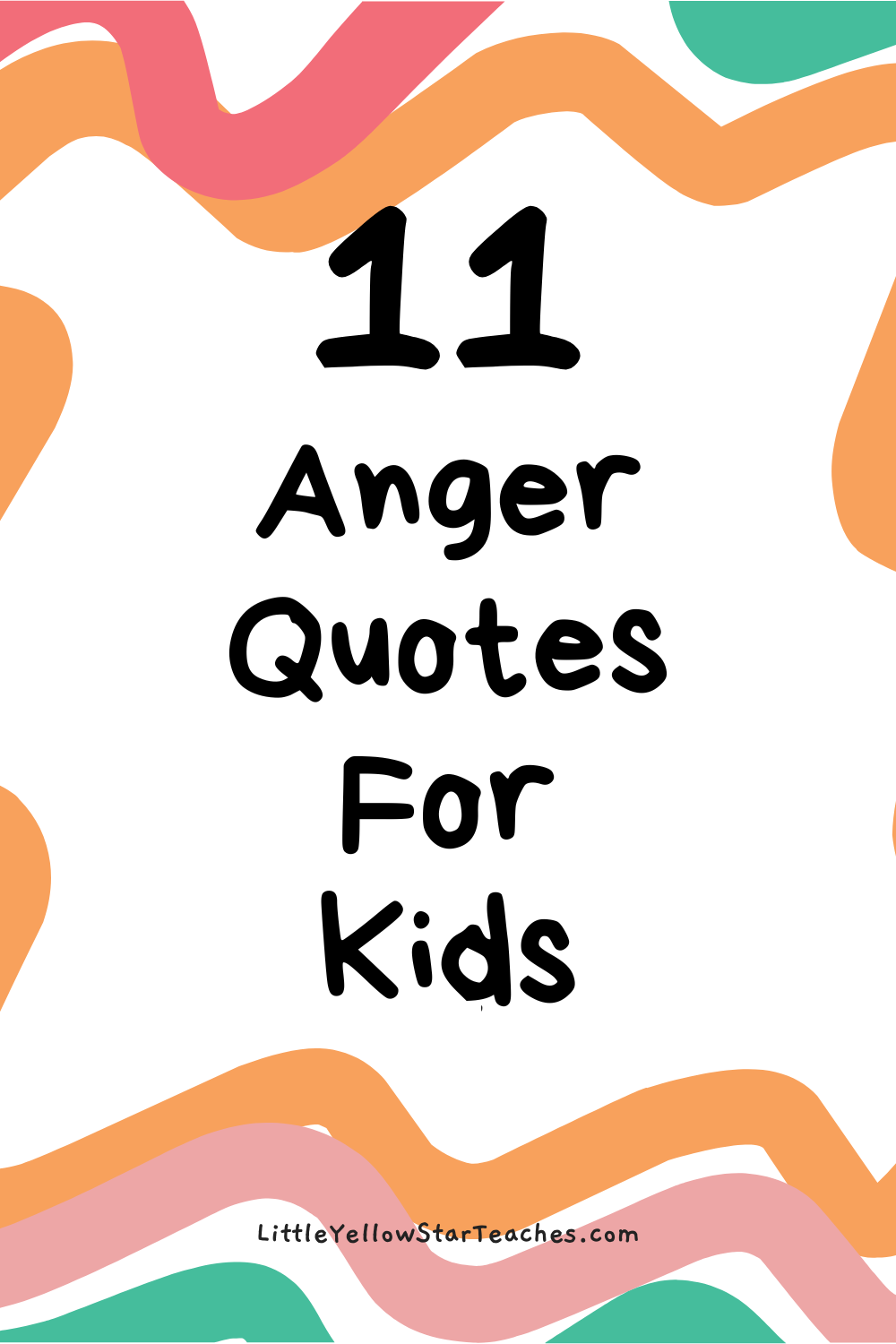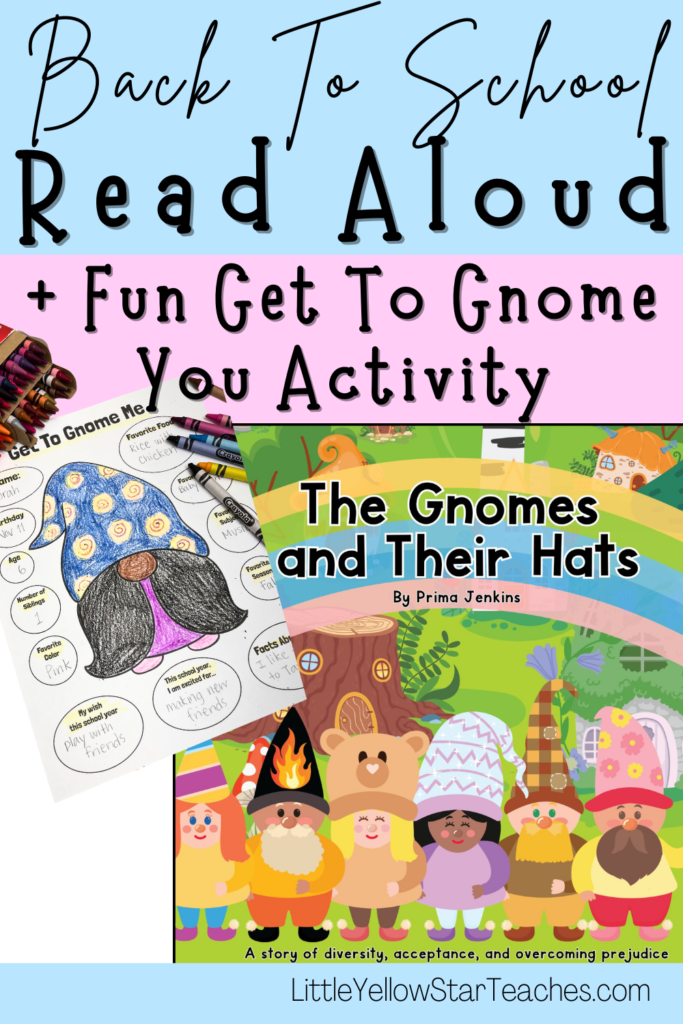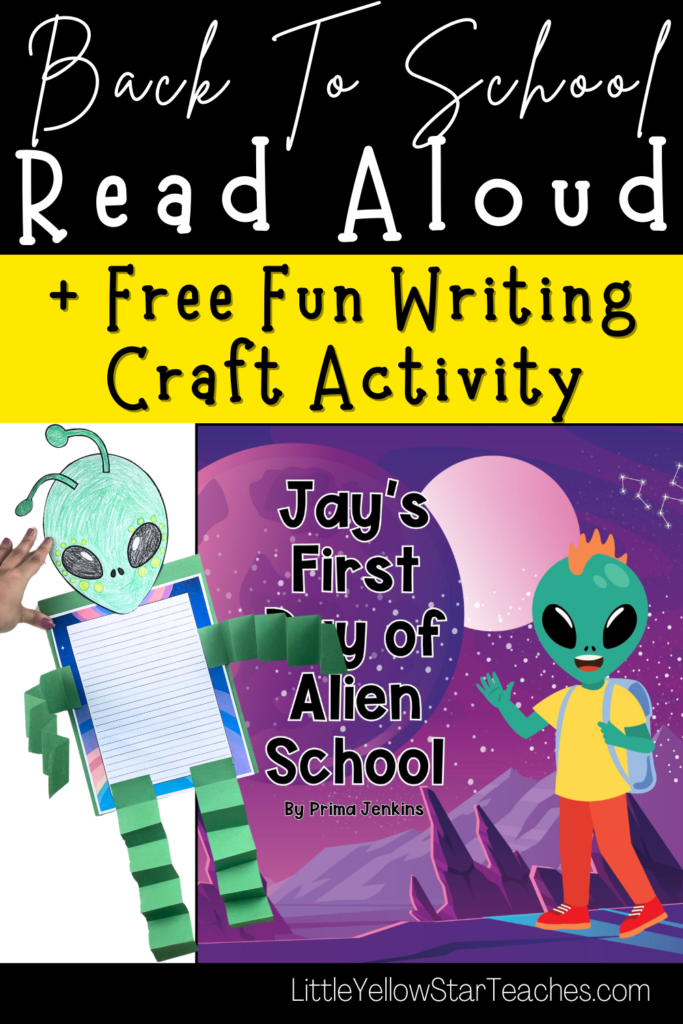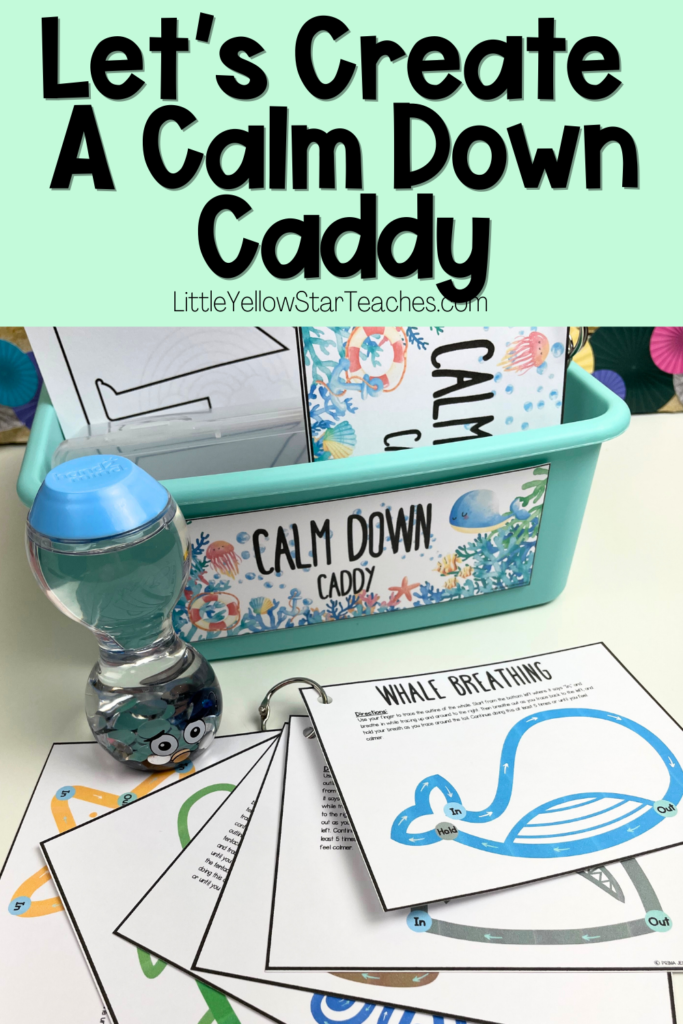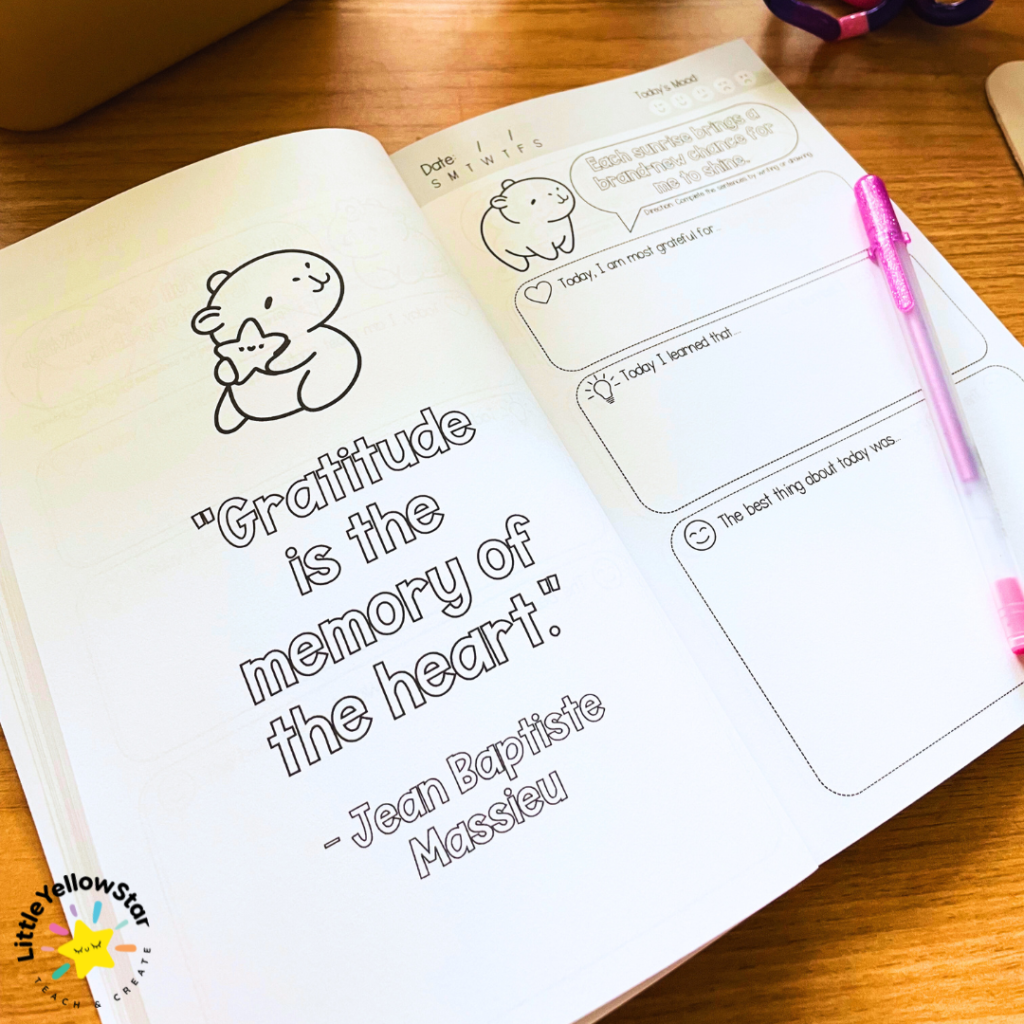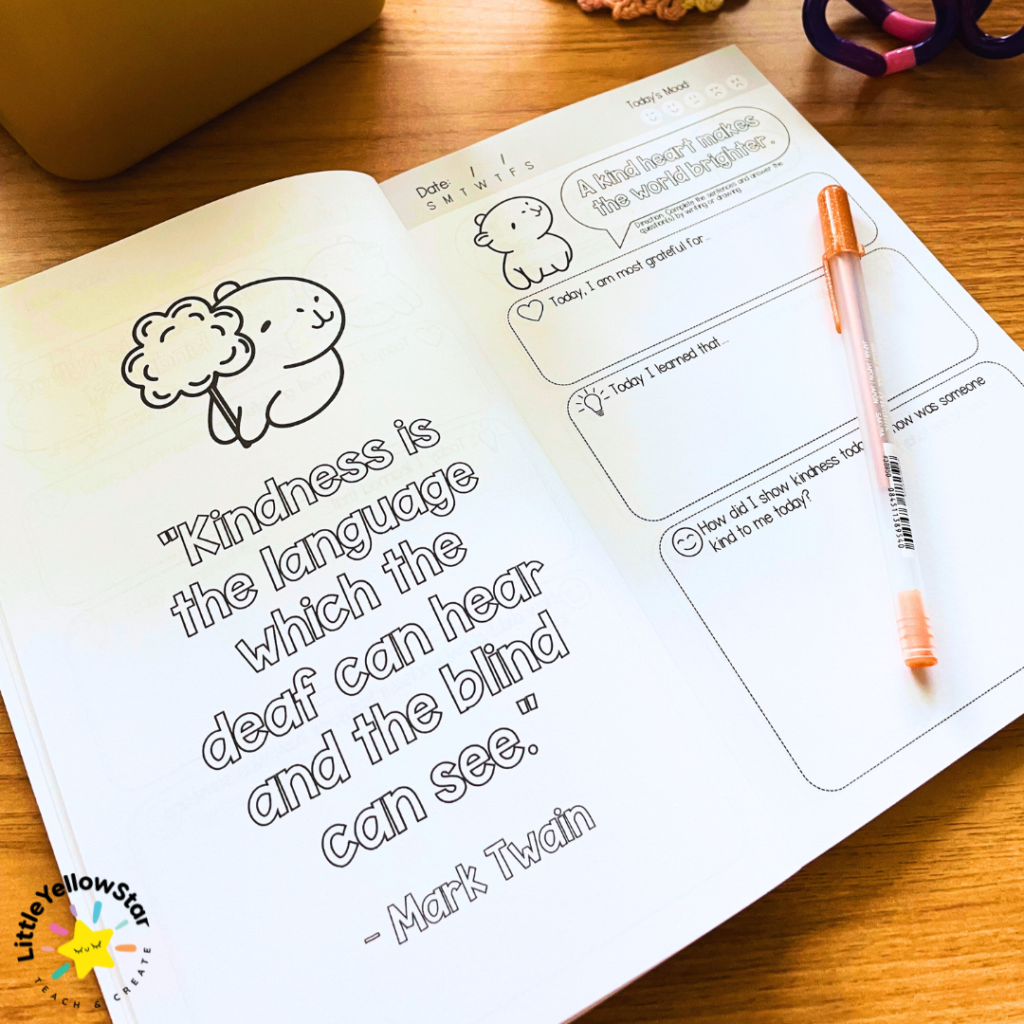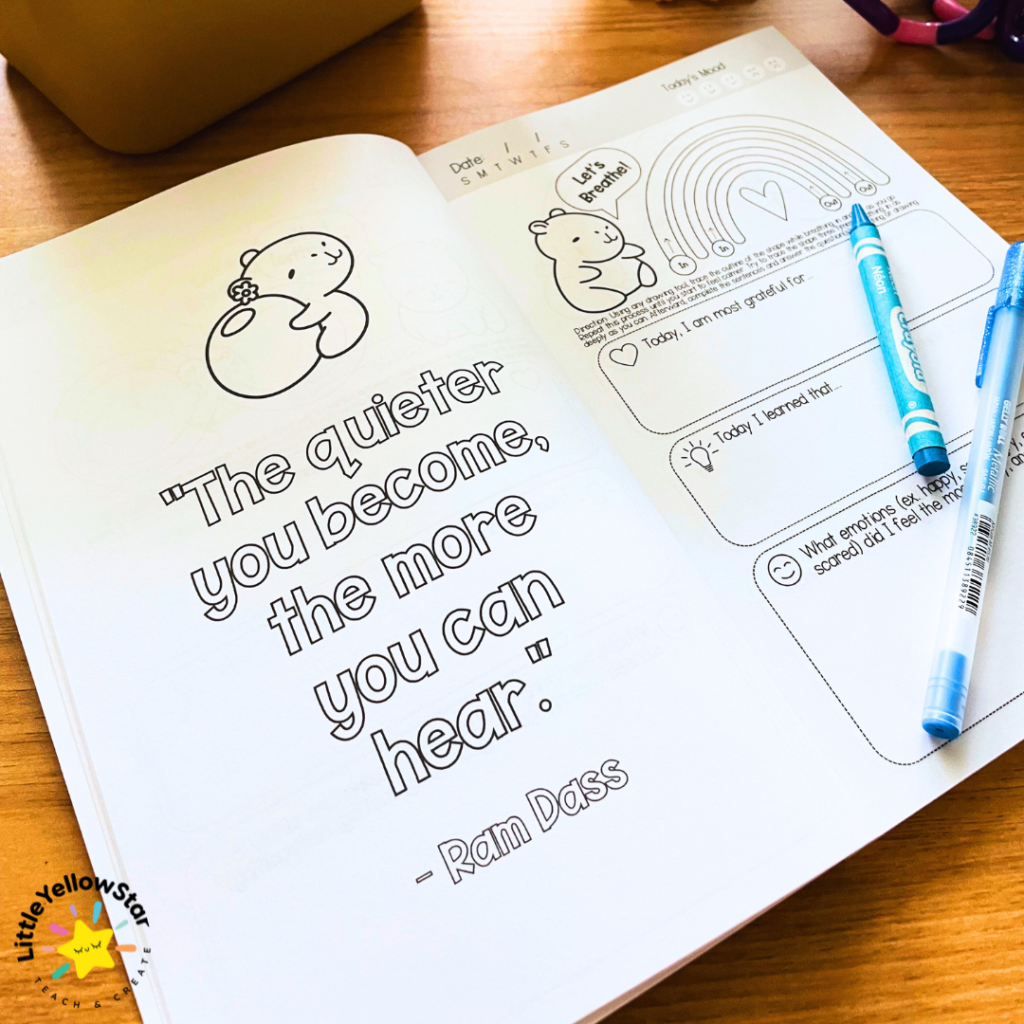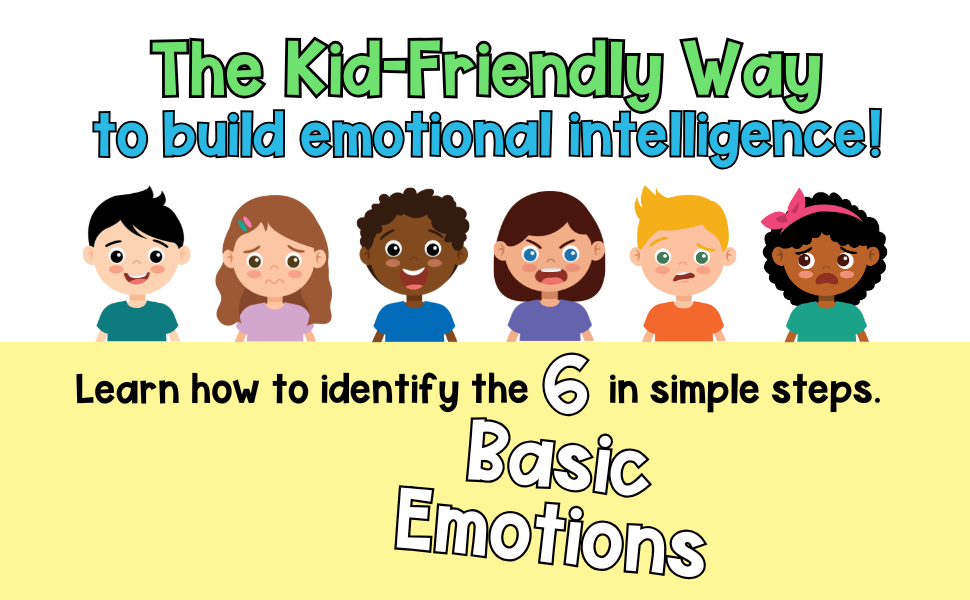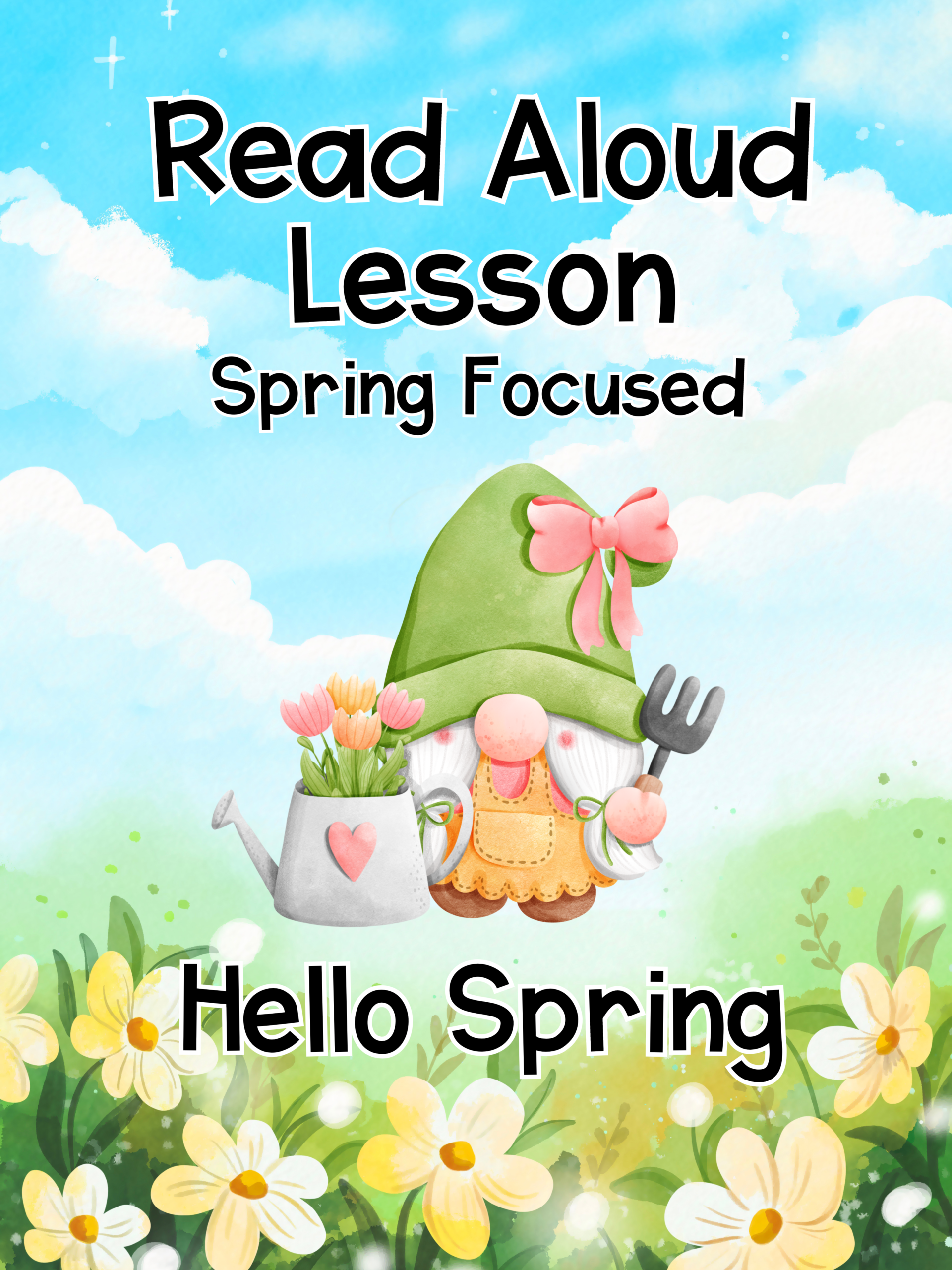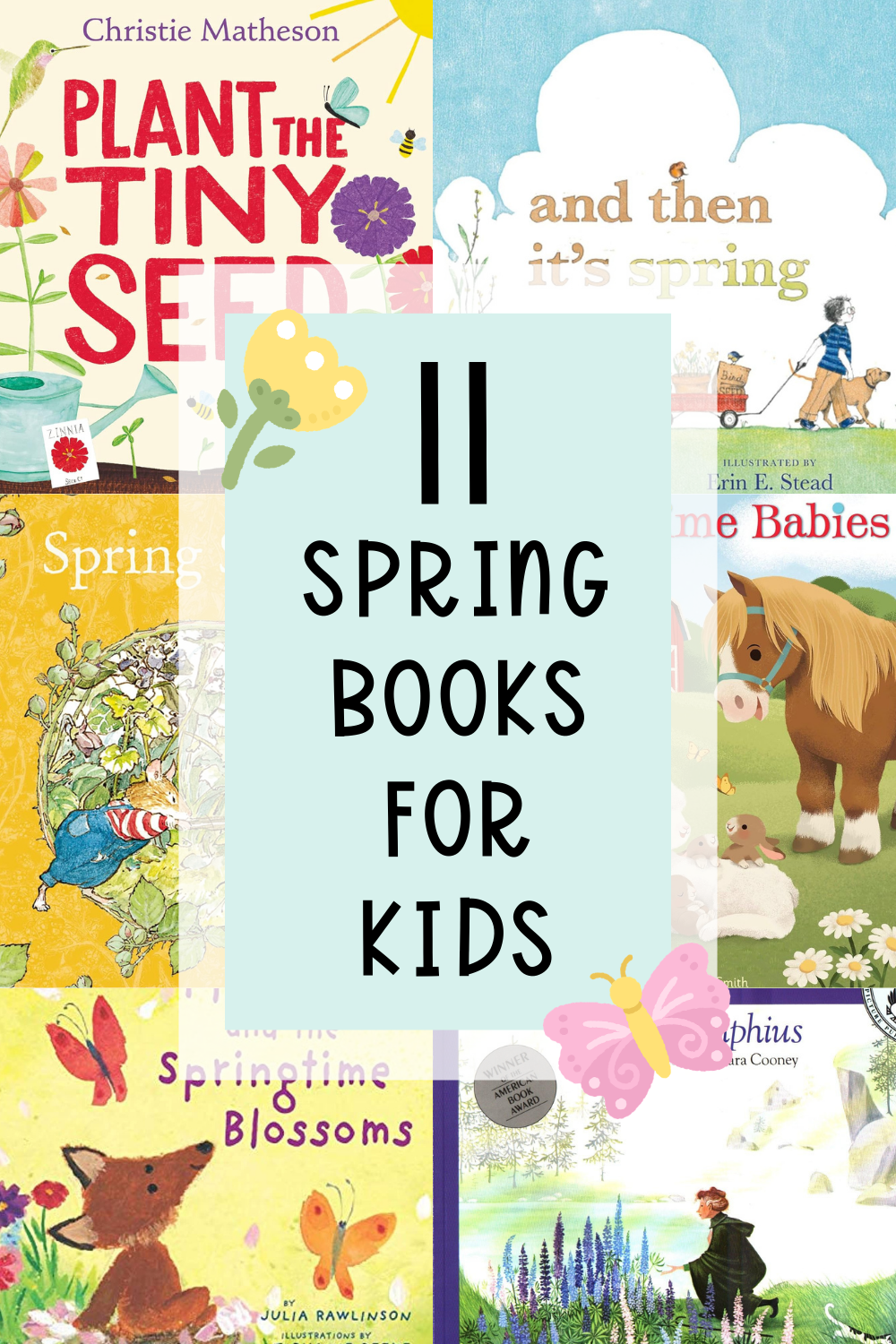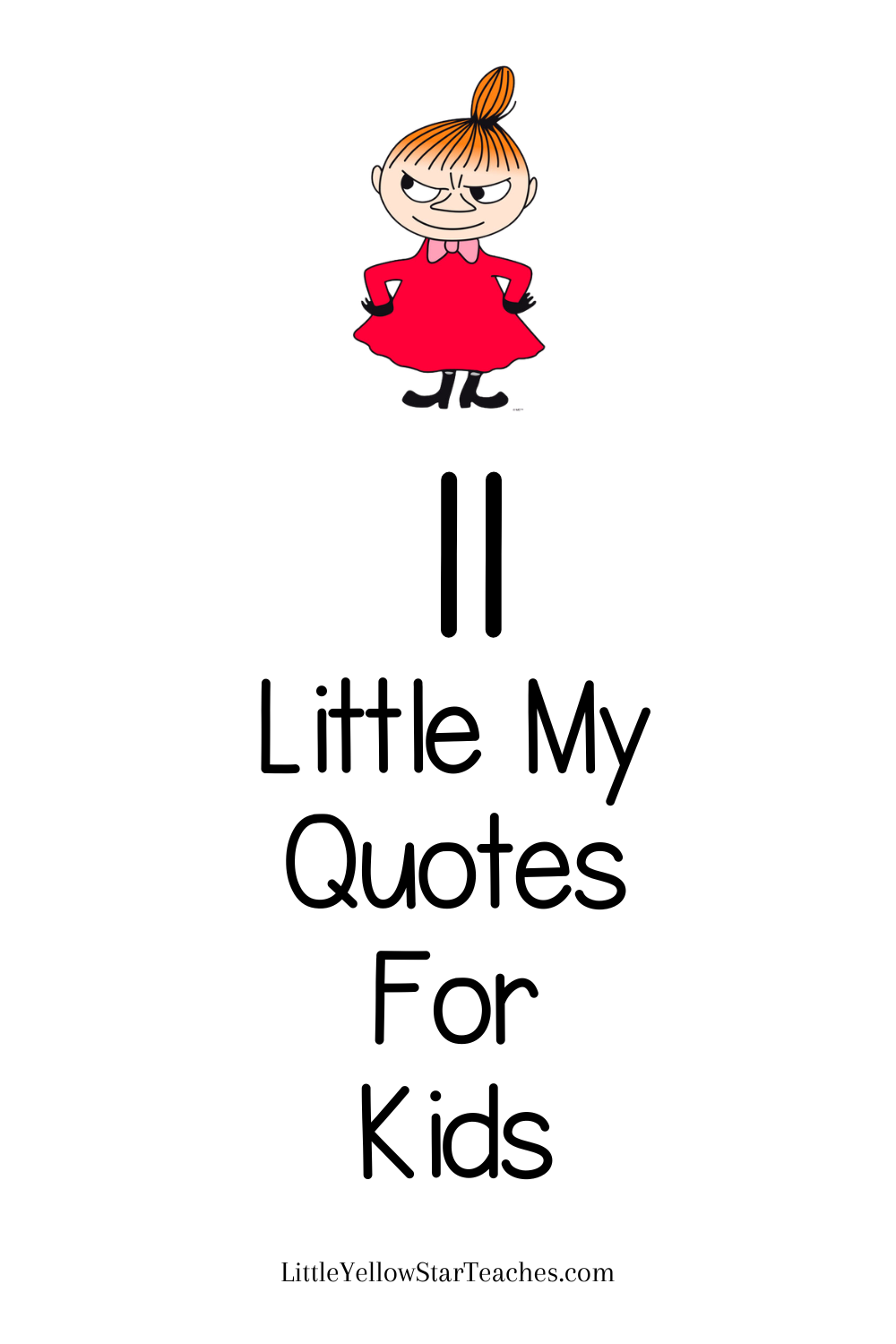***Disclosure: This post contains an Amazon affiliate link that at no additional cost to you, I may earn a small commission when you purchase through the link from my blog. Thank you for your support!
Anger is a natural emotion that everyone experiences, but it’s how we manage it that makes all the difference. Whether it’s frustration over a problem or feeling upset with a friend, learning to control our anger is an important skill.
In this blog, we explore a collection of anger quotes for kids that help children understand their emotions and find healthy ways to express themselves. These quotes encourage kids to pause, reflect, and choose how they respond to anger, teaching them that while it’s okay to feel angry, it’s how we handle it that matters the most.
Table of Contents
Why Teach Kids About Anger
Teaching kids about anger helps them develop emotional intelligence, self-control, and resilience. By learning to understand and manage anger, kids can build strong relationships with others, respond calmly in difficult situations, and develop problem-solving skills that will serve them throughout their lives. The lessons from anger quotes for kids teach children that while it’s okay to feel angry, it’s how we handle that anger that defines us. Through anger management, kids learn to express themselves in a healthy, respectful way, promoting kindness, empathy, and emotional well-being.
11 Anger Quotes for Kids

1. “Holding on to anger is like grasping a hot coal with the intent of throwing it at someone else; you are the one who gets burned.” – Buddha
Anger harms the one who holds it.
This quote reminds us that when we hold onto anger, we hurt ourselves more than the person we’re upset with. Letting go is better for our own peace.
Why it’s great for kids: Helps them understand the value of forgiveness and emotional release.
Journal Prompt: What could you do to let go of anger?

2. “For every minute you remain angry, you give up sixty seconds of peace of mind.” – Ralph Waldo Emerson
Anger steals your peace.
Emerson shows that time spent angry is time lost from being calm and happy. Choosing peace is more rewarding.
Why it’s great for kids: Teaches time is valuable and emotional awareness is key to happiness.
Journal Prompt: What’s something that brings you peace when you’re upset?

3. “When anger rises, think of the consequences.” – Confucius
Pause before reacting.
This quote teaches that thinking before reacting to anger can help avoid hurting others or ourselves.
Why it’s great for kids: Encourages self-control and awareness of actions.
Journal Prompt: How could thinking ahead change what happens next?

4. “Anger is one letter short of danger.”
Anger can lead to danger.
A clever reminder that anger, if not handled carefully, can quickly turn into hurtful or risky behavior.
Why it’s great for kids: Reinforces the importance of staying calm and thinking things through.
Journal Prompt: What can you do to stay safe and calm when you’re angry?

5. “Never do anything when you are in a temper, for you will do everything wrong.” – Baltasar Gracián
Avoid acting in anger.
This quote warns that anger clouds judgment, leading us to make poor choices we may regret.
Why it’s great for kids: Teaches emotional regulation and decision-making.
Journal Prompt: How can you cool down before making a decision?

6. “The greatest remedy for anger is delay.” – Seneca
Wait before reacting.
Seneca suggests the best way to manage anger is simply to wait—time brings clarity and calm.
Why it’s great for kids: Easy tip to remember—wait it out!
Journal Prompt: What could you do during a “cooling off” period?

7. “He who angers you conquers you.” – Elizabeth Kenny
Don’t give others power over your emotions.
This quote means that if someone can make you angry, they control your emotions. Staying calm gives you power.
Why it’s great for kids: Helps them understand emotional ownership.
Journal Prompt: How can you keep your power by staying calm?
Check Out Capybara-Theme Daily Reflection Journals For Kids!

8. “Anger is never without a reason, but seldom with a good one.” – Benjamin Franklin
Not all anger is helpful.
Franklin acknowledges we often have reasons to be angry, but most aren’t worth it. Reflecting helps decide if the reason is truly valid.
Why it’s great for kids: Encourages critical thinking about emotions.
Journal Prompt: How do you decide if something is worth being upset about?

9. “Speak when you are angry and you will make the best speech you will ever regret.” – Ambrose Bierce
Words in anger can hurt.
This quote warns that things said in anger often lead to regret. Waiting helps prevent saying something you don’t mean.
Why it’s great for kids: Teaches the value of kind words and timing.
Journal Prompt: What words help calm a situation?

10. “Anger is a wind which blows out the lamp of the mind.” – Robert Green Ingersoll
Anger blocks clear thinking.
Like a wind blowing out a light, anger shuts down our ability to think clearly.
Why it’s great for kids: Encourages thoughtful, not reactive, responses.
Journal Prompt: Why is it important to think clearly before reacting?

11. “Anger is a short madness.” – Horace
Anger is a temporary loss of control.
Horace compares anger to a brief kind of “madness,” showing that it often causes us to act wildly or irrationally.
Why it’s great for kids: Helps them understand that anger passes—and not to act on temporary emotions.
Journal Prompt: How do you feel once the anger is gone?
Grab these free resources to make your teaching life easier!
Ways to Use These Quotes
- Anger Reflection Journals: After reading an anger quote for kids, encourage children to reflect on times when they felt angry. Ask them to write about what triggered their anger, how they handled it, and what they could do differently next time to stay calm.
- Anger Management Activities: Share a quote about controlling anger and have kids practice deep breathing or counting to ten when they’re upset. Use the quote as a reminder that taking a moment to pause can help them manage their emotions in a healthier way.
- Anger-Related Discussions: Use an anger quote for kids to spark a classroom or family discussion about different ways to handle anger. Kids can share strategies they use to stay calm, like taking a break or talking things through with a friend or adult.
- Anger-Free Zone Craft: Create a “calm down” space in your classroom or home where kids can go when they’re feeling upset. Share an anger quote for kids to inspire the importance of having a special area to take a breath and collect their thoughts before reacting.
- Role-Playing Anger Management: Use a quote to help kids role-play different scenarios where they might feel angry. Guide them through practicing deep breaths, counting, or walking away from the situation to calm down before responding.
- Calming Jar Craft: Create a calming jar together, filling it with water, glitter, and colorful items. When kids feel angry, they can shake the jar and watch the glitter fall, taking deep breaths as they wait for the glitter to settle. Use an anger quote for kids to remind them that just like the glitter, their anger will eventually settle.
Additional Resources
Anger Books For Kids
- Early Elementary Children (Ages 3-6)
- Lower Elementary Children (Ages 7-9)
- Upper Elementary Children (Ages 9-11)
Anger Activities For Kids
- Anger Management Toolbox: Have kids create their own “anger management toolbox” by writing or drawing helpful tools for calming down. This might include ideas like deep breathing, counting, or talking to a trusted adult. Share an anger quote for kids to inspire them to use their toolbox when they feel upset.
- Feelings Chart: Create a feelings chart with different emotions, including anger. Ask kids to check in each day to reflect on how they’re feeling and encourage them to practice techniques from their toolbox when they’re feeling angry or frustrated.
- Anger-Busting Role Play: After reading an anger quote for kids, role-play different situations where kids might feel angry. Have them practice using coping strategies, like taking deep breaths or saying “I need a break,” when they’re upset.
- Calm Down Breathing Activity: Teach kids the 4-7-8 breathing technique (inhale for 4 counts, hold for 7 counts, exhale for 8 counts). Share an anger quote for kids before the activity and explain how this simple technique can help them manage their anger and stay calm.
More Ideas For Parents & Caregivers
- Create an Anger-Free Zone at Home: Just like in the classroom, create a calm-down space at home where kids can go when they feel angry. Include comforting items like pillows, soothing music, and calming books. Share an anger quote for kids to remind them that taking a break is okay and can help them process their emotions.
- Anger-Free Conversation Time: Set aside time each day to discuss how everyone in the family is feeling. Share anger quotes for kids to start the conversation and help kids learn that it’s important to talk about their feelings and find healthy ways to express anger.
- Anger Management Chart: Help kids create a chart to track their feelings. Each time they feel angry, they can mark the chart and reflect on what made them angry and how they handled it. Celebrate their progress when they use positive coping strategies.
- Mindfulness and Relaxation Apps: Apps like Calm or Headspace offer guided meditation and mindfulness practices that can help kids learn how to manage their anger and other emotions.
- Books on Anger Management for Parents: Books like Raising an Emotionally Intelligent Child by John Gottman provide parents with tools to help their children deal with anger in a healthy way. These resources can guide both parents and children through challenging emotions.
- Anger Management Games: Find or create board games that involve taking turns and practicing patience. These games help children develop the ability to handle frustration in a playful way, reinforcing lessons about managing anger.
What’s Your Favorite Anger Quote?
Anger is a normal and natural emotion that everyone experiences, but how we handle it is what truly matters. The anger quotes for kids we’ve shared today remind us that we have the power to control our emotions and choose how we react. By learning how to manage anger in healthy ways, kids can build stronger relationships, find peace in difficult situations, and grow into emotionally intelligent individuals. Let’s continue to help kids develop the tools they need to understand and manage their anger, making each day a little calmer and more peaceful.
What is your favorite Anger Quote from the post, or do you have another? Share it by tagging me on Instagram @LittleYellowStarTeaches. I would love to see!
Bye for now,
Prima from LittleYellowStar
* * *

